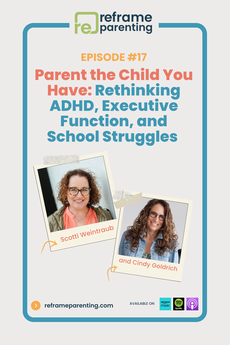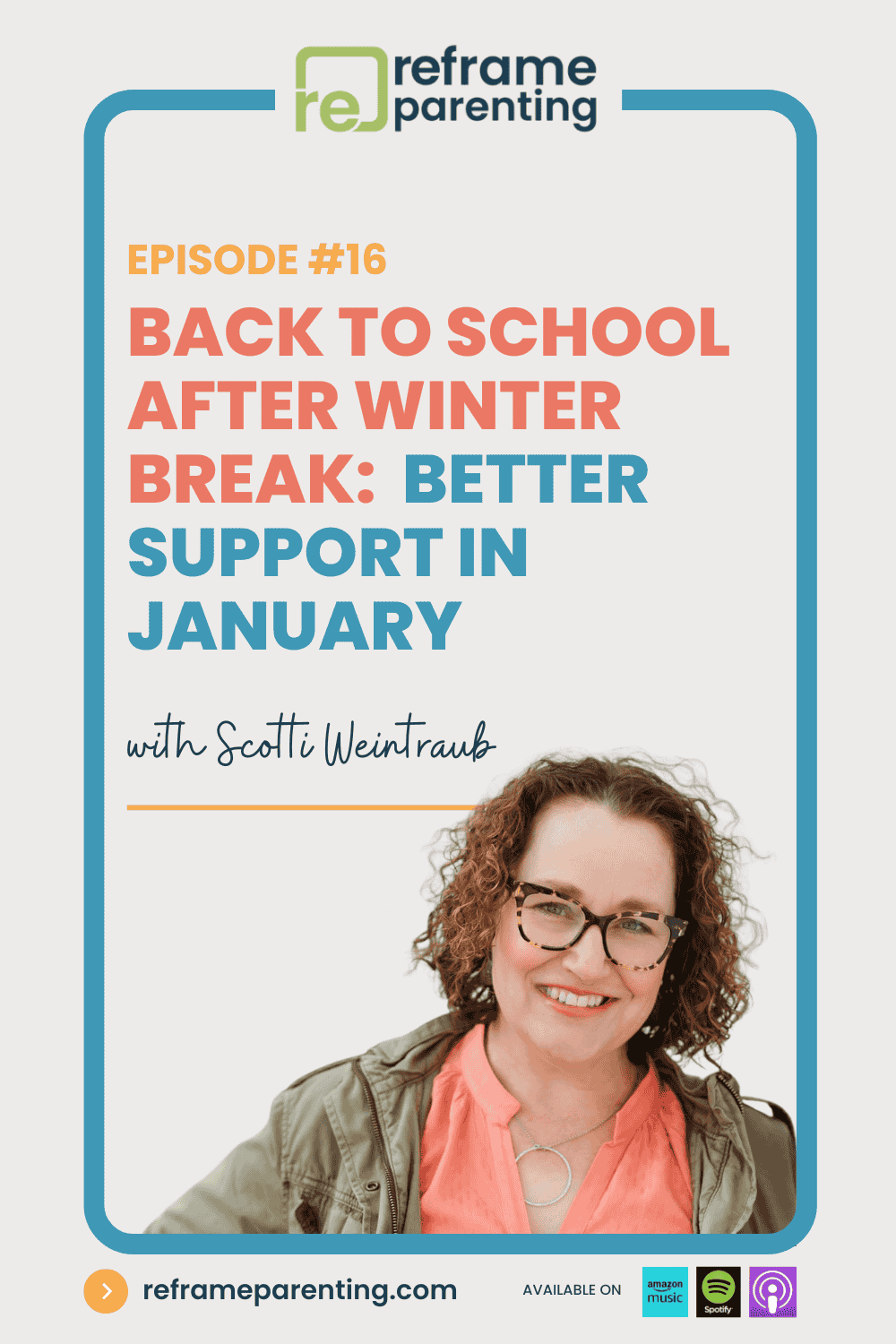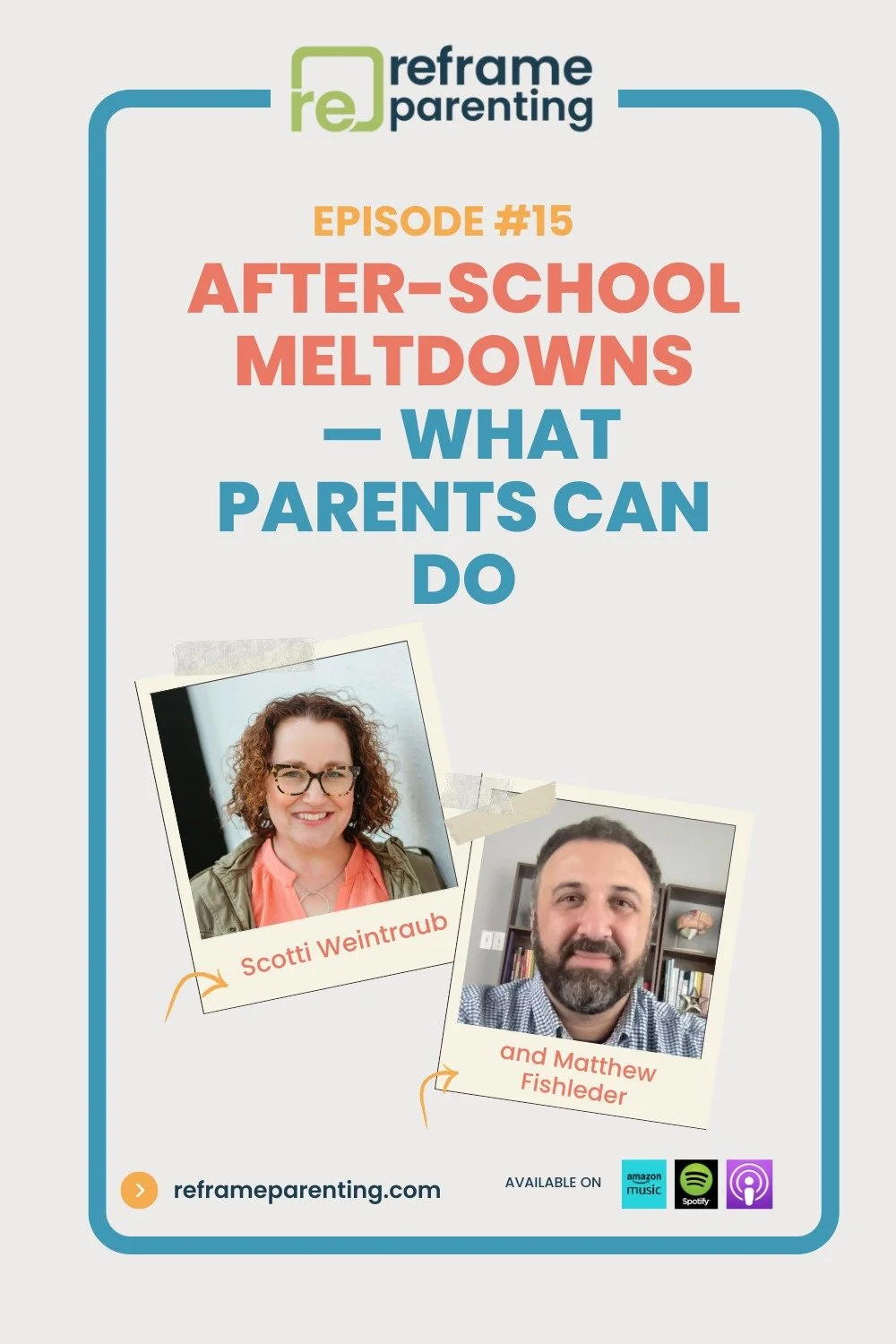Summer School Prep for Parents: 6 Low-Stress Tips That Work
Picture this:
It’s mid-August, and you’re back in the school supply aisle, staring at a mile-long list and thinking—wait, didn’t we just survive the last school year?
Now imagine something different: You’re sipping a tall glass of iced tea. Your kid is off at camp or busy playing basketball outside. You’ve already mapped out what worked last year, what didn’t, and what your child needs next. You feel... ready for what’s to come.
That’s the power of smart summer school prep. It’s not about piling on pressure, but about making room to breathe. It’s a soft launch into a smoother, more confident school year when August rolls around again.
Let’s dive into seven parent-approved ways to use this summer season for real prep—with low stress and big payoff.
1. Reflect on what worked (and what didn’t)
Now that summer break has started and you’ve got a minute to breathe, look back before looking ahead. Not to dwell but to take a birds-eye view of what happened last year. The good, the not great, and the I'd prefer never to have to deal with that again.
Take a few minutes—just you, a notebook or your phone’s Notes app. Ask yourself:
When did things feel surprisingly smooth last year?
When was it rocky?
What supports actually worked?
What would you like to see happen next year?
What caused the biggest stress—for you or your kid?
In reflecting on the past year, a parent I worked with noticed that afternoon was the time her child really struggled in school. By the end of the day, he was restless, falling asleep in class, and out of patience to follow directions. This is real, usable data! And they wouldn’t have noticed this in the midst of the school-year chaos. So taking some time to reflect gave them a chance to look for those patterns and gather that info that will make a difference in planning for next year.
Try this tool: The Parent Summer Discovery Guide helps guide your reflection so you can identify what actually made a difference.
2. Start a “Next Year” Folder
Future you is going to love this. Create a folder—paper or digital—labeled “Next School Year” and start dropping in anything that might be helpful once fall hits. Include things like:
Report cards and teacher comments
IEP or 504 plans if you have them (or notes about what you wish had been in them)
Emails about classroom challenges or accommodations
Camp or summer program notes
New evaluations, diagnoses, or insights
Come fall, when your brain is juggling lunchboxes, bus schedules, and back-to-school forms, you won’t be frantically digging through emails or trying to remember what the OT said in June.
Pro tip: You can use this info to compile a “what works best for my child” letter to next year’s teacher.
3. Practice skills that support school success
Sometimes, it’s not the academics that derail a school day—it’s the forgotten lunch, the missing shoes, the overwhelm during transitions. Lagging skills in areas like executive function, leadership, advocating for their own needs - these can often get in the way at school and at home.
This summer, give your child space to build the skills that don’t show up on a report card but make everything else easier.
Some easy ideas:
Ask them to plan a family meal – pick the recipe, cook (with help if needed), and serve the family dinner. That takes planning, organization, math and science skills and so much more!
Set some daily or weekly tasks for themselves —like watering plants, unloading the dishwasher, or walking the dog—to practice follow-through and responsibility while learning real use-forever kinds of habits and skills.
Create a weekly calendar of your summer activities. Bonus if they can help put the schedule together so they learn time management and how to use tools like calendars to manage responsibilities.
One parent told me her daughter loved helping plan their family’s summer vacation. Not only did she get to ensure what she wanted to do was on the agenda, but she gathered everyone else’s ideas and made a schedule to fit all of their needs. That’s real-world learning right there.
4. Learning beyond the classroom
Learning happens outside the classroom and summer is full of real-life growth and meaningful experiences. Summer jobs, internships, entrepreneurship, and camp experiences build the kind of growth schools wish they could bottle: independence, problem-solving, confidence, and adaptability.
Let’s break it down:
Camps aren’t just for fun—they're training zones for collaboration, trying new things, managing emotions, and navigating group dynamics. Whether your child is learning to paddle a canoe or settle a bunkmate disagreement, they’re building critical life skills.
Jobs and internships—even casual ones like dog-walking or scooping snow cones—teach time management, customer service, money handling, and the kind of grit that comes from showing up when it’s hot and they’d rather be home playing video games.
Entrepreneurial ventures like selling bracelets, flipping thrift store finds, or running a lemonade stand? That’s marketing, pricing, budgeting, and communication rolled into one!
Want to help your child see their own growth? Ask questions like:
What part of this felt like a real challenge?
What’s something you’re proud of figuring out on your own?
What did you learn about yourself?
These aren’t just fun summer activities, they’re confidence builders that your child will carry into the classroom and beyond.
Need inspiration? Read 4 Places Kids Shine Outside School
Need help figuring this out? Download Build Your Dream Team to identify who should be at the table and how to prepare.
5. Low-stakes academics (that don’t feel like chores)
Just because school’s out doesn’t mean learning has to hit pause. It just looks different. Summer is the perfect time to explore academics in ways that feel relaxed, relevant, and totally disconnected from grades or pressure.
How about:
Turning errands into math moments—have your child estimate totals, compare prices, or calculate change. For teens, involve them in budgeting for back-to-school shopping or planning a night out with friends.
Watch documentaries or educational YouTube channels—then talk about what stood out. Bonus points if it sparks a rabbit hole of curiosity.
Listen to audiobooks or podcasts in the car or before bed. Let them pick age-appropriate titles that match their interests—true crime, science, identity, entrepreneurship, whatever sparks them.
Make the library a pressure-free zone—graphic novels, how-to books, manga, biographies, or DIY guides. If they’re choosing it, they’re learning.
Offer workbooks, logic puzzles, or writing challenges for kids who like more structured activities. Journaling, sudoku, craft challenges - the sky’s the limit.
My own teen who isn’t usually a big reader re-discovered his love of a sci-fi YA series while on vacation. When there were no tests or essays required, it was a whole lot more fun to read.
Let go of the pressure to make it school-like. The goal isn’t to recreate the classroom—it’s to keep their minds active in ways that feel good. When kids have some choice and the stakes are low, they’re way more likely to engage, explore, and maybe even surprise you.
6. Talk with your child—not just about them
This might be the most important step of all. Your child knows all too well what happened in the last school year, because they lived it! Take a moment to ask them what stood out and what they think would help them be even more successful next year.
Try questions like:
“What felt really hard about school this year?”
“What’s one thing that actually helped?”
“What do you wish your teachers understood about you?”
Parents don’t have to figure it all out on your own. Your child’s insight, ideas, and perspectives are a big part of the puzzle. When you’re not in the heat of the year, summer gives you the space to really hear it.
Ready doesn’t have to mean rushed
Summer doesn’t have to be a scramble or a total break from school thinking—it can be a slower season of recovery and getting your bearings. A little reflection, a few routines, and some intentional conversations can go a long way toward building a smoother, more successful school year come fall.
Want more support? Grab my Parent Summer Discovery Guide or explore how we can work together to get your child the support they need next year.








